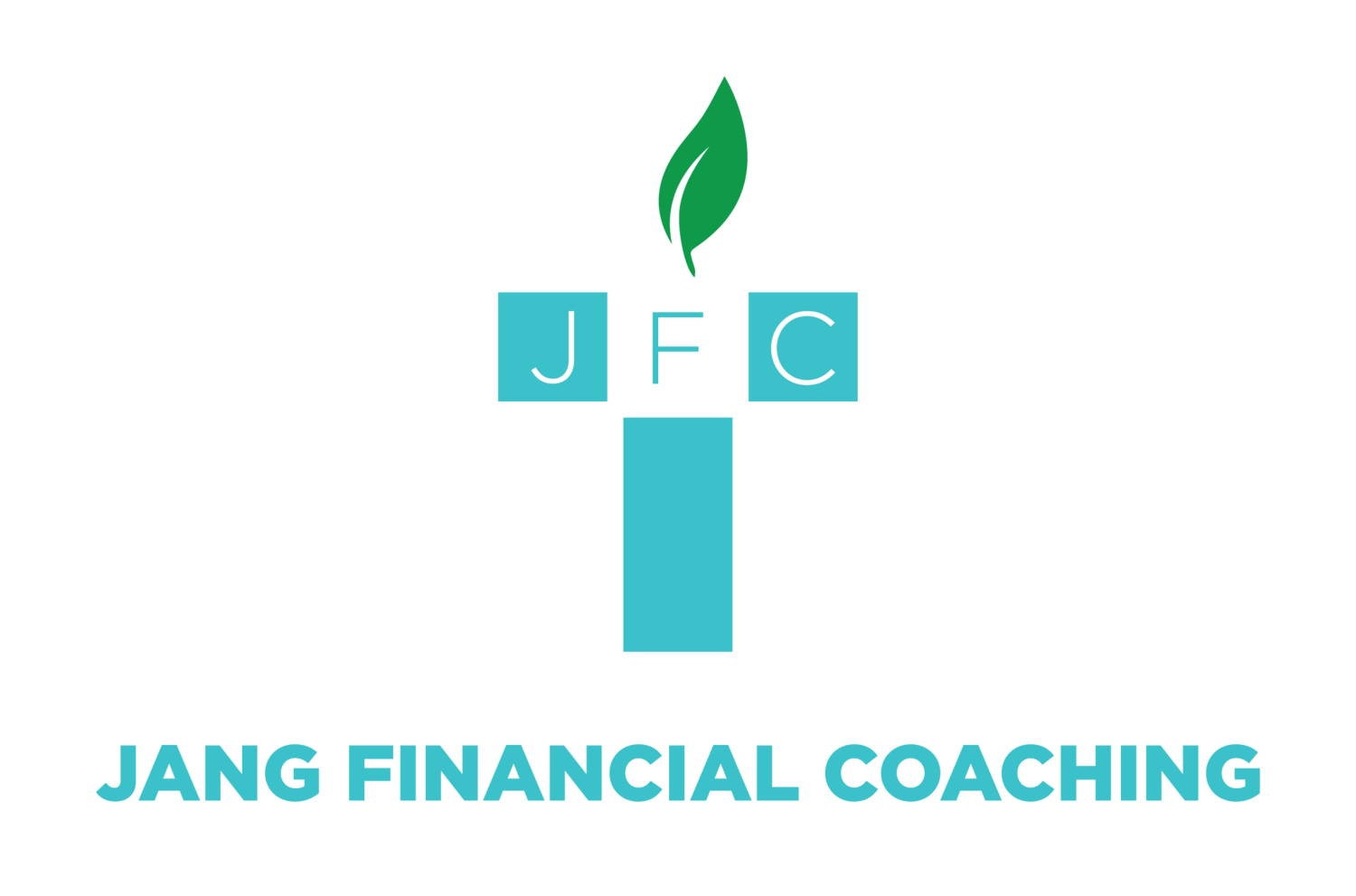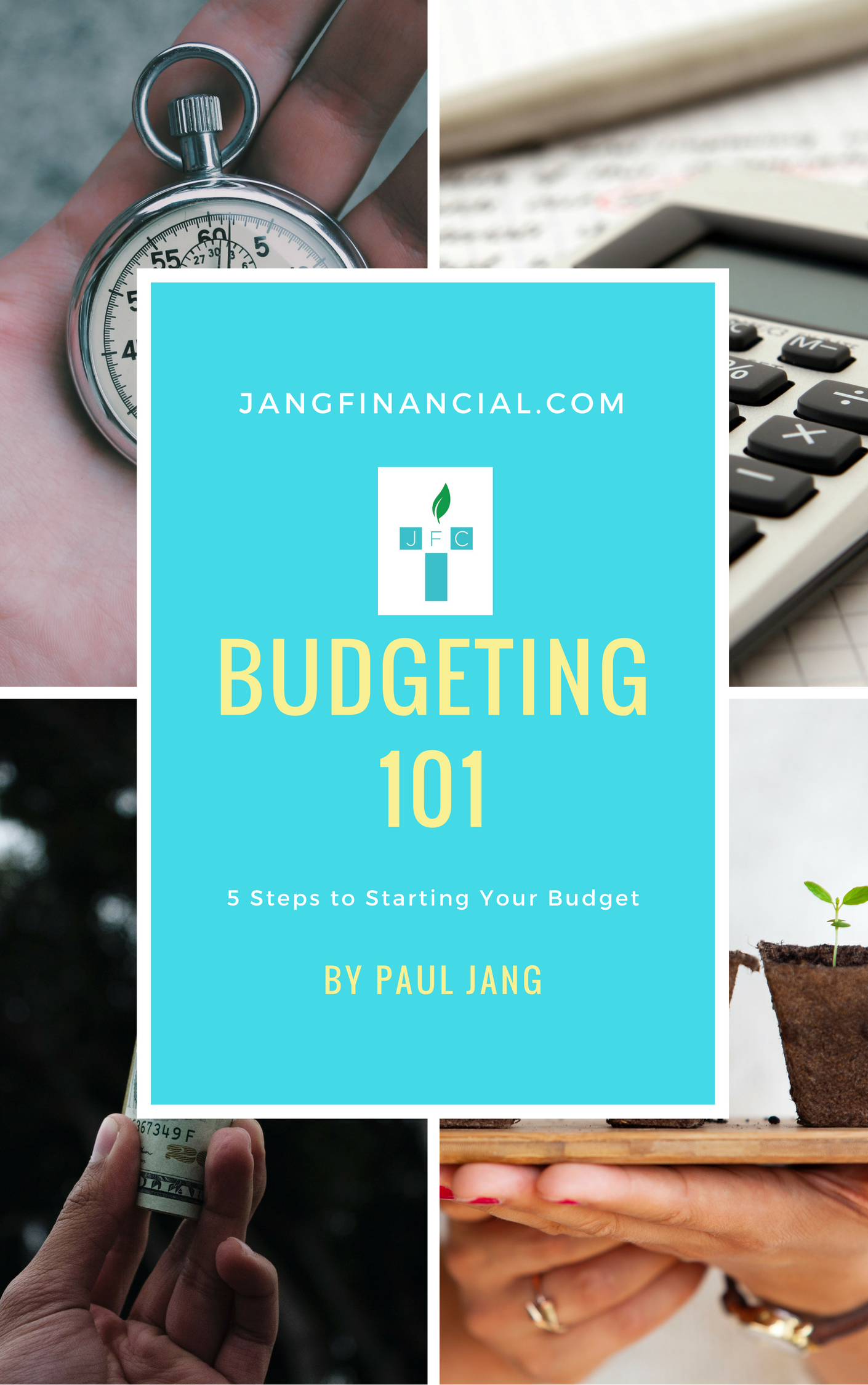My Self-Worth Spender Story
When I was about to start my first job as a history teacher in a private boarding school, I felt insecure. I felt insecure as an inexperienced teacher but in addition, I felt insecure as a person.
Instead of examining myself and seeking to dig deeper in my self-worth and identity as a child of God through the completed work of Jesus Christ on the cross, I took a different path as an insecure immature person and Christian. I went shopping to look the part.
I went shopping on that Saturday morning, driving my Buick Century into a shopping plaza in the suburbs of Chicago. I didn’t have a budget or a list. I didn’t do any research about what I wanted or where I was going to shop. I also knew that there were plenty of more expensive brand name stores I could have shopped from, but I picked these two. I heard some of my financially better-off college friends mentioning them.
This was my first. I had spent money before buying my first pair of Doc Martens after saving up for a semester but those were all planned. This was my first most embarrassing and costly mistake I had made as an adult. Personally, I had never shopped at Ralph Lauren or Brooks Brothers until that Saturday.
I felt like I didn’t belong there as I walked around as nonchalantly as possible and began rummaging through while looking at the price tags. I looked at the pants, shirts, ties, socks, jackets and considered the variety of colors I could choose from. I wanted people to see me wearing these things with Polo brand logo.
I was young and insecure. I knew in my head that my worth and value was grounded on what Jesus Christ had done on the cross. After all, I must have repeated the following phrase a thousand time during my college career. “There is nothing that I can do to make God love me more, and there is nothing that I can do to make God love me less.” Why? Because my worth and value have been proven on the cross.
Not on that Saturday morning. I didn’t want to trust in the finished work of Jesus on the cross. I wanted to see people’s validations and people’s approval. I am ashamed to admit, as I still sometimes struggle with moments of weakness, the cross didn’t feel enough. And I needed and wanted to feel the validation and approval from people. My sense of worth and value needed to be validated by people seeing me wearing these brand name clothes, suggesting as if I have arrived in some way.
I left those stores with more than I could carry with my two arms. I took one of various colors and more than I could count all thanks to Citibank Credit Card.
While I strutted around the campus that fall wearing my clothes, I was hurting big time financially. The part of me that wanted to rationalize what I had done kept saying that I needed to do this and deserved to do this. However, deep down I knew I had sinned. I was financially enslaved with more consumer debt than I had ever had in my life. But even more painful was coming to recognize what I had done to my Savior and Lord Jesus Christ by essentially saying through my actions that his death on the cross was not sufficient for my self-worth.
Unleashing that self-worth spender within me cost 9 months of my life paying off my first credit card debt. My first Thanksgiving and Christmas as an adult deeply reminded me how the gospel of Jesus Christ needed to soak deeper into my heart. Though Jesus Christ had come into this world to set me free the power of sin and death, I had chosen to enslave myself with debt financially because I feared man more than God.
Security Seeker vs. Self-Worth Spender
There are those of us who feel better when the size of our savings increases. We are often security seekers who grew up with very little financial security, and now feel this inordinate desire for extreme financial stability. If you are one, as I am also a recovering one, you need to join me in learning to trust God more than the size of your bank account or your investments. We need to learn to trust God more by enjoying the present and giving more generously for his kingdom.
And there are those of us self-worth spenders who feel better when we have the money to spend. That is to buy things, especially certain brands, or gain access to special services or exclusive memberships.
If security seekers trust more in the size of their bank accounts or investment portfolios than the finished work of the cross in the person of Jesus Christ, then self-worth spenders find greater sense of worth, identity and security in certain brand items they wear, carry, drive or live in than in the finished work of the cross.
Don’t get me wrong. A particularly highly priced items are not bad per se. Sometimes, paying more for better quality products or services may indeed be better stewardship and investment than buying cheap and replacing often.
What makes self-worth spenders bad financial stewards is that they find a greater sense of worth, value, and identity in what the money gives them access to than the One who gave the money, God himself. We want others to see what we are wearing, carrying, driving, and entering into. We want them to recognize us more than wanting God to recognize us. We value the gifts more than the Giver.
If you planned and saved up for the item, and have the cash to purchase the item, and the percentage of your expense reflects a reasonable proportion, and if that purchase aligns with your values and goals as God’s steward for you and your family, it is perfectly fine. You shouldn’t feel guilty but you should be able to enjoy it as God’s blessing.
However, it’s a problem when we want our purchase to impress others and seek their validation. When you are making a purchase, is there a person or group of people you want to impress?
Are You a Self-Worth Spender?
· Do I spend money to reward myself?
· Do I spend money to impress others?
· Are brand names important to me?
· When I’m shopping, do I consider what others will think of what I buy?
· Do I want things because others have them and not because I need them?
· Do I often “pick up the tab” because it makes me feel important and generous?
· Do I give only the “best” gifts (even if I go into debt or deny other needs of mine)?
If you answered yes to these questions, then there is a good chance that you might be a self-worth spender. Are you ready to admit that you are? After all, if we aren’t even aware of the way we are shaped, then we can’t really begin the journey of transformation.
If we want to get to the destination of becoming secure stewards of God, then we have to first acknowledge where we are. And if we are comfort spenders, then we have to accept that as the starting point.
Basic Growth Steps
1. Do consider your motivation before spending money and ask yourself if you are trying to build self-worth through spending.
2. Instead of spending right away, consider giving yourself a certain waiting time to reflect and pray before your purchase. For example, if this is an unplanned and unbudgeted item, consider waiting on a purchase even if you have the cash: a) around $100, 24 hours, b) around $500, a week, c) around $1000 or more, a month. Feel free to change these numbers around.
3. During the waiting time, bring your desire for validation to your spouse (or your financial accountability partner if you are not married) and to God to find encouragement and accountability.
Next week, we will examine the careless spender financial-emotional type. My hope is that as we become more aware of how we are financially-emotionally shaped by our family of origin, we experience the transformational power of the gospel in our lives. Yes, reigning the elephants in us for God’s glory, allowing Christ to be not just our Savior, but indeed our Lord.
Are you ready to get started? Contact me at paul@jangfinancial.com if you want to help disciple your congregation as God-honoring stewards from a biblical perspective, or if you yourself want to grow as a steward seeking to practically manage the finances better to hear from our Lord upon his return, “Well done, good and faithful servant. You have been faithful over a little; I will set you over much. Enter into the joy of your master.” (Matthew 25:21, 23)
Questions to Ponder:
1. Were purchases made on impulse or was there any waiting period or careful consideration? How do those experiences affect your present choices with money?
2. How is Jesus Christ, as your Savior and Lord, speaking to you right now?
Paul Jang
Pastor | Personal Financial Coach to Individuals & Financial Stewardship Ministry Consultant for Churches
*If you want to automatically receive these weekly blogs, sign up for a free budgeting e-book at www.jangfinancial.com.
**Want to check out other blog entries, check out www.jangfinancial.com/jang-financial-stewardship-blogs/
Recent Articles on Financial-Emotional Types:
Why Some People Always Medicate Themselves Through Retail Therapy
Confessions of a Recovering Security Seeker
What Is Your Financial Emotional Elephant Type?





















